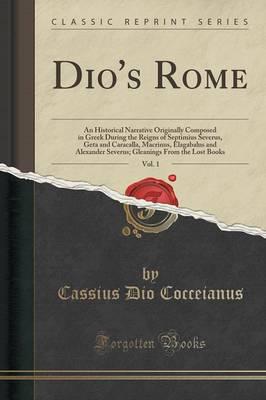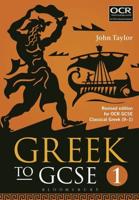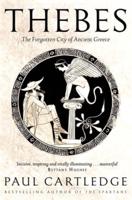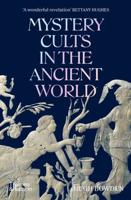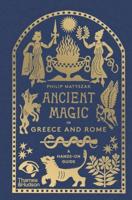Publisher's Synopsis
Excerpt from Dio's Rome, Vol. 1: An Historical Narrative Originally Composed in Greek During the Reigns of Septimius Severus, Geta and Caracalla, Macrinus, Elagabalus and Alexander Severus; Gleanings From the Lost Books
Again, in spelling I have chosen a method not nu known to recent historians, which consists in anglicis ing familiar proper names that are household words, like Antony, Catiline, etc., but keeping the classical Latin form for persons less well known, as Antonius the grandfather of Mark Antony. To the names of gods I have given a Latin dress unless a particular god happened to be named by a Greek on Greek soil. Similarly in geographical or topographical designa tions the translator of Dio must needs confront a more difficult situation than did Dio himself. Greek reduces all names to its own basis. In English one must often select from the Latin form, Greek form, Native form, or Anglicised form. Since Dio lived in Italy and was to all intents and purposes a Roman I decided to make the Latin form the standard, and admit rarely the Anglicised form, less often the Greek, and least often the Native. As to the minutiae of spelling I need scarcely say that I have been tremendously aided by Boissevain's exhaustive studies, brie?y summarized in his notes. This painstaking care, for which he feels almost obliged to apologize, will lend a permanent lustre to his invaluable work.
About the Publisher
Forgotten Books publishes hundreds of thousands of rare and classic books. Find more at www.forgottenbooks.com
This book is a reproduction of an important historical work. Forgotten Books uses state-of-the-art technology to digitally reconstruct the work, preserving the original format whilst repairing imperfections present in the aged copy. In rare cases, an imperfection in the original, such as a blemish or missing page, may be replicated in our edition. We do, however, repair the vast majority of imperfections successfully; any imperfections that remain are intentionally left to preserve the state of such historical works.
